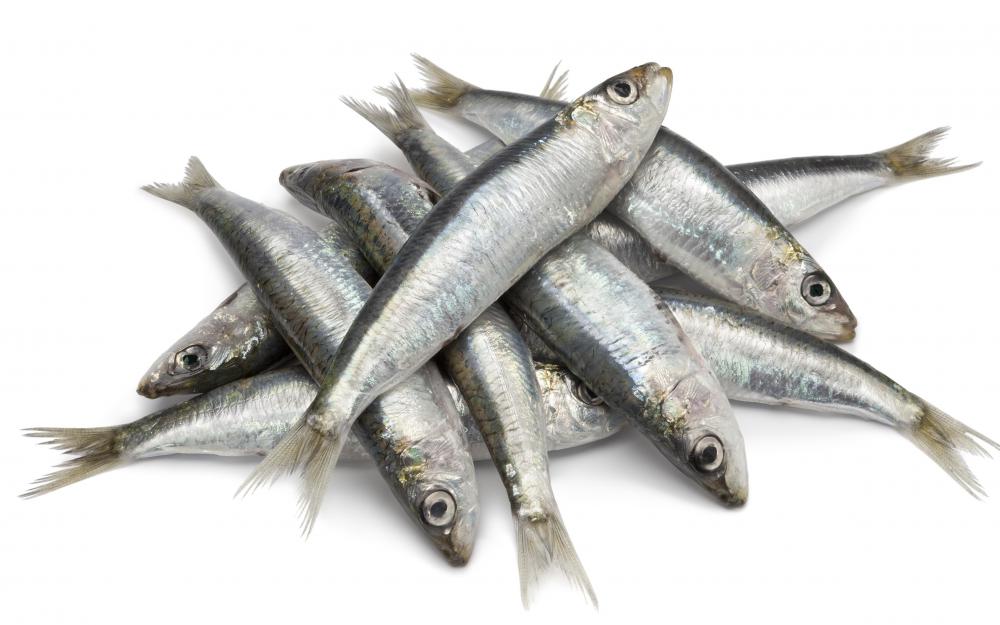At WiseGEEK, we're committed to delivering accurate, trustworthy information. Our expert-authored content is rigorously fact-checked and sourced from credible authorities. Discover how we uphold the highest standards in providing you with reliable knowledge.
What Is Decalcification of the Bones?
Decalcification of the bones is a term used in the medical field, but can refer to two different things. One meaning refers to the process where bones are drained of calcium due to lack of nutrients and insufficient diet, resulting in some fractures and bone diseases. The other meaning of decalcification of the bones refers to the process wherein the calcium is intentionally removed from an extracted bone in order for the bone to be properly examined.
In the first sense of the term, decalcification of the bones often happens when the body does not have enough calcium in it. The bones in the body can be seen as the “calcium bank,” and whenever some organs or body parts lack calcium, the body “borrows” the calcium from the bones, which are then depleted of the calcium. Decalcified bones will often look weak, containing many enlarged pores similar to that of a sponge, as there is not enough calcium to fill up the holes. Weak bones will also weigh less and might not be able to support the body properly.

Among the population, senior citizens or the elderly are most likely to experience decalcification of the bones, due to the natural process of aging. This is why many of them have crooked backs or have difficulty in walking, two obvious signs of bone decalcification. This can result in osteoporosis, rickets, and severe fractures in which healing time is prolonged. To prevent further damages, a steady supply of calcium in one’s diet is very important, along with calcium supplements in pills. Some foods rich in calcium are milk, broccoli, and sardines.

The second usage of the term “decalcification of the bones” is often done in histological laboratories, where analysts would take a microscopic sample of a bone to examine it thoroughly. Calcium generally makes bones strong and hard, making it difficult to cut out a microscopic “section” of the bone; therefore, the bone undergoes decalcification to soften it. The bones are usually immersed in a solution that removes the calcium from the bones, a process that can take weeks or months, depending on how large the bones are. Two solutions are usually used, one of chelating agents and one of an acidic solution.

A chelated solution usually absorbs metallic elements, such as calcium, from the bones, while an acidic solution dissolves and eats away the calcium. The most commonly used solution is a chelated one, called the ethylene diamine tetraacetic acid (EDTA). The decalcification procedure is not only extensive, but can also be laborious, as it can involve rinsing the bone and changing the solution on a daily basis. It is important that the bone is not overdecalcified, or the bone will be rendered useless.
AS FEATURED ON:
AS FEATURED ON:
















Discuss this Article
Post your comments